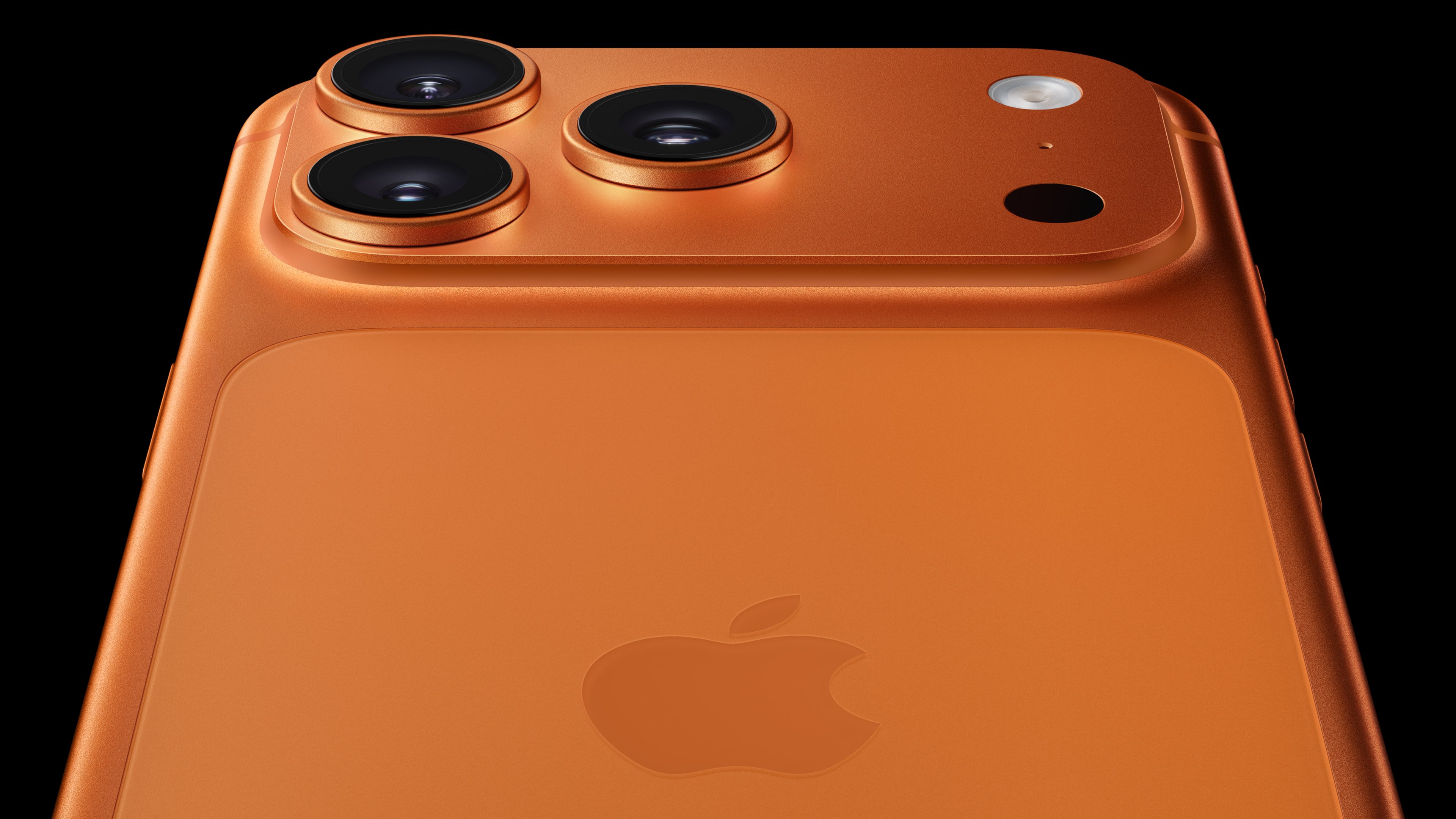There's a company that defined the future for a generation. It pioneered new innovations in a range of technologies, and its brilliant co-founder forged a brand admired around the world. But without that leader, the company has struggled and ceded its leadership to upstart competitors.
If you think I'm talking about Apple (AAPL +0.04%) and Steve Jobs, I'm not.
The company I'm describing is Sony (SNE +0.15%), which redefined and reinvented the electronics industry for 30 years. Beginning with the transistor radio in the '50s, Sony pioneered dozens of innovations in the '60s, '70s, and '80s that pushed technology forward and changed the way we were entertained. Led by visionary co-founder Akio Morita, the company invented or popularized ubiquitous standards such as the Walkman, the compact disc, the 3.5-inch floppy disc, and the camcorder. Sony ensured its own profits and success by producing high-quality products that commanded higher prices than the competition, much like the iPhone-maker that would follow in its footsteps.
Like Steve Jobs, Morita knew how to create a brand identity and had a knack for marketing and recruiting talent. On a trip to the U.S. in the '50s, he noticed that American workers were much more mobile than their Japanese counterparts, and when he returned to Japan he began encouraging talented employees at other companies to join Sony. Like Apple, Sony was also known for developing its own in-house standards and technologies, and even its failures, such as the Betamax video system, were considered technically superior to rivals such as JVC's VHS system.
After Morita left the company in 1989, Sony embarked on a string of acquisitions, including CBS Records and Columbia Pictures, and began to reinvent itself as a media conglomerate rather than a technology innovator.
But without Morita, Sony never recaptured the magic it had with its run of groundbreaking inventions and cultural touchstones such as the Walkman, and now it seems to be just one of a million electronics and media companies. Sony recently sold off its trademark U.S. headquarters in New York for $1.1 billion, and it's looking to sell one of its Tokyo buildings for a similar amount. Nearly 25 years after Morita's departure, Sony shares are worth nearly the same as their 1989 value today, while the S&P 500 has gained nearly 400%.
Is Apple the next Sony?
No one knows what Apple's future holds, but the hit parade over the past 10 years that's included the iPod, iPhone, and iPad seems to be coming to a close. As we saw in its latest quarterly report, Apple's gross margins are shrinking and profits have stalled, evidence that their products no longer command the premium they once did. The halo is fading.
With new products that simply seem to be stripped-down iterations of old ones, such as the iPad Mini and an expected cheaper iPhone, the company seems to have to switched to a harvest strategy, trying to maximize the value of old products, instead of creating the kinds of products that consumers don't know they want, as Steve Jobs famously said.
Rumors continue to swirl about an Apple TV, which was once thought to be coming in the fall of 2012, but talk of a smart TV continues to be just rumors for now. Though that market figures to be rich with potential for a company with Apple's brand loyalty and tech savvy, it's up to the kids in Cupertino to make it happen.
Considering its 12-digit cash pile on its balance sheet, an acquisition or two is easily foreseeable. Apple could branch out into an up-and-coming new technology such as 3-D printing, snatching up a company such as industry leader 3D Systems (DDD 3.05%), worth $3.3 billion. It would barely know the money was gone. With Apple's marketing muscle and brand awareness, it could surely hasten the day when 3-D printers become a household item. Perhaps it's fitting that one of the most popular 3-D-printed items is iPhone cases.
Foolish bottom line
Plenty of ink has been spilled on the genius of Steve Jobs and what his passing means to the company he created. That debate is sure to endure, but Sony's example may offer the best cautionary tale for Apple and its investors. What was once a beacon of innovation has become a commoditized electronics producer and a bumbling media giant, largely because of the departure of its visionary leader.
Apple needs to learn from Sony's mistakes. It must keep innovating or it will follow in the same path to mediocrity. As shareholders saw in the stock's recent fall, the market seems to already have written the obituary on its halcyon years. With consumers quickly shifting their tastes, it's up to Tim Cook and company to write a new chapter before the market closes the book on them for good.






